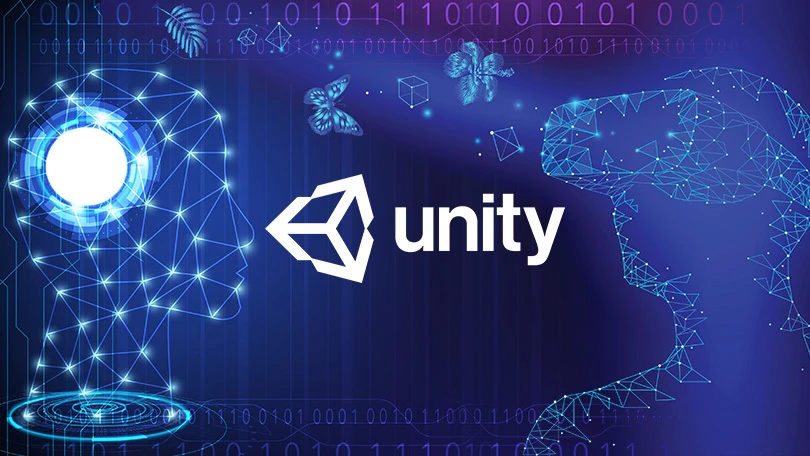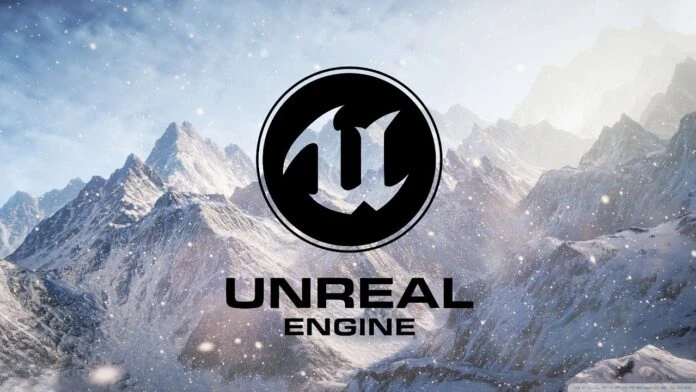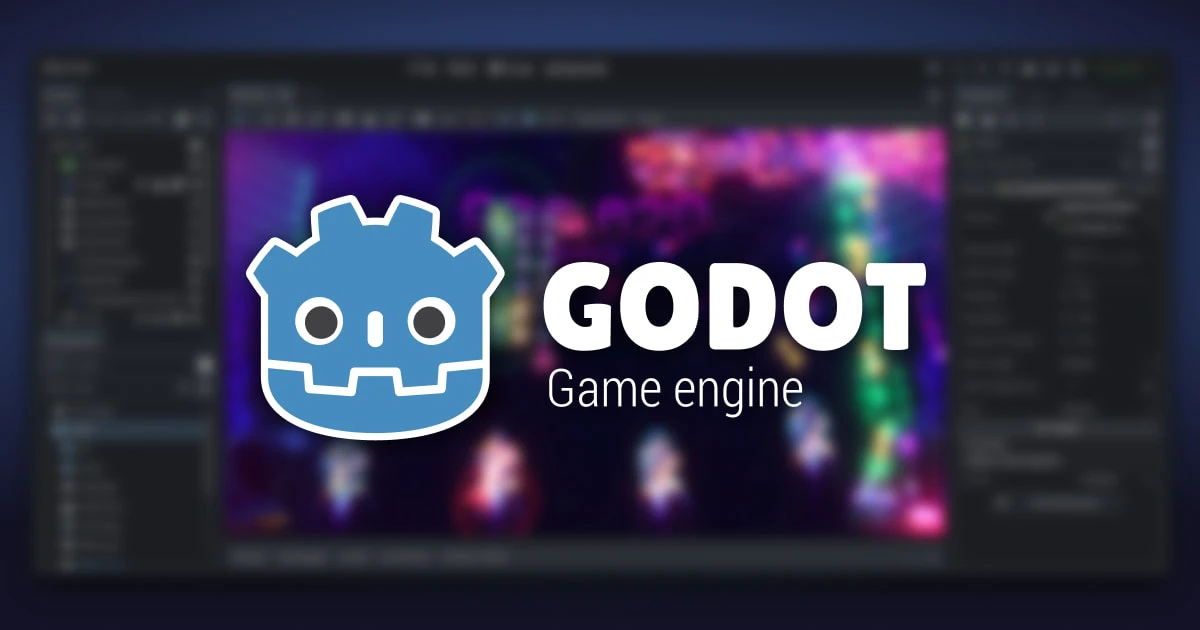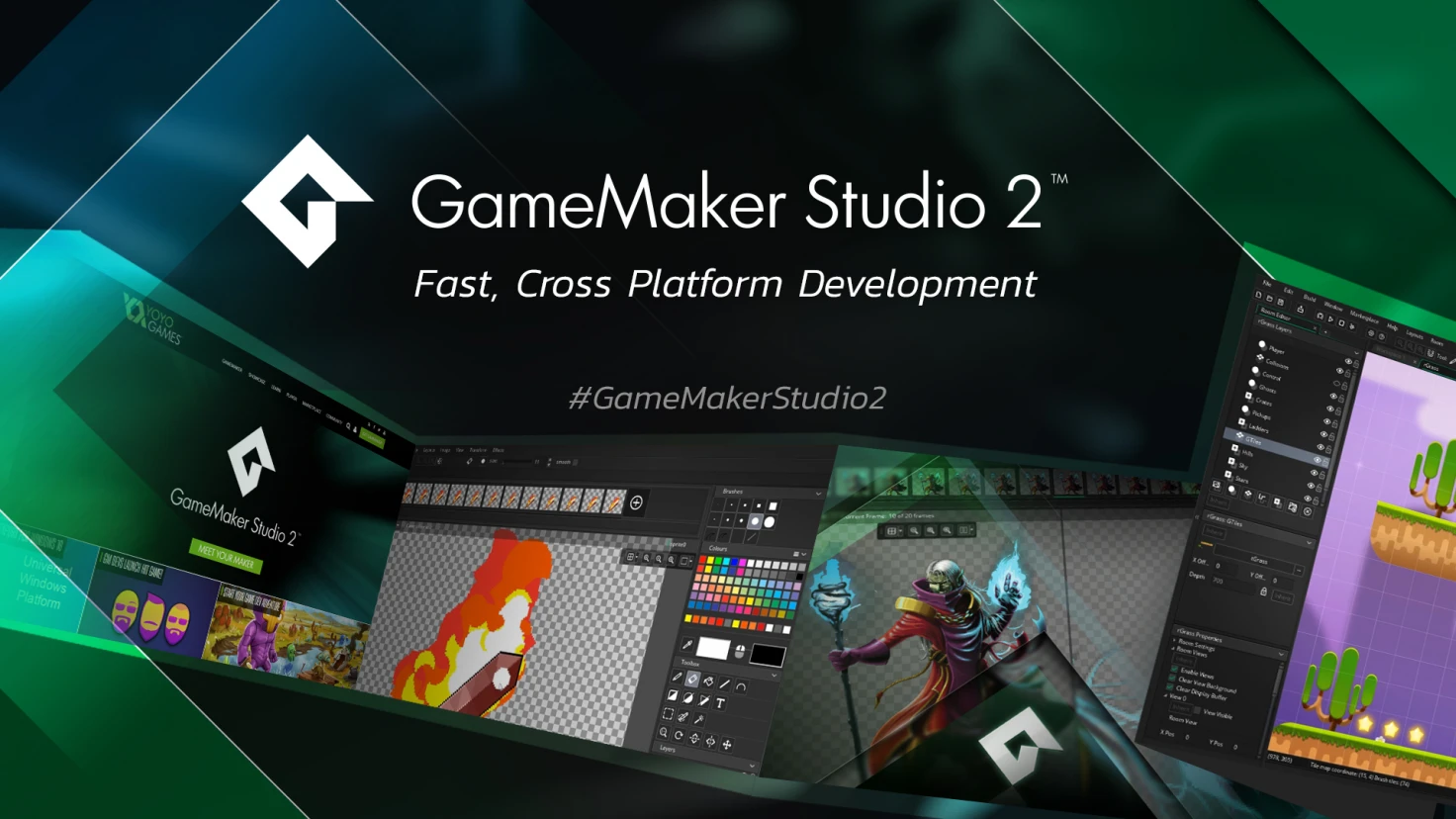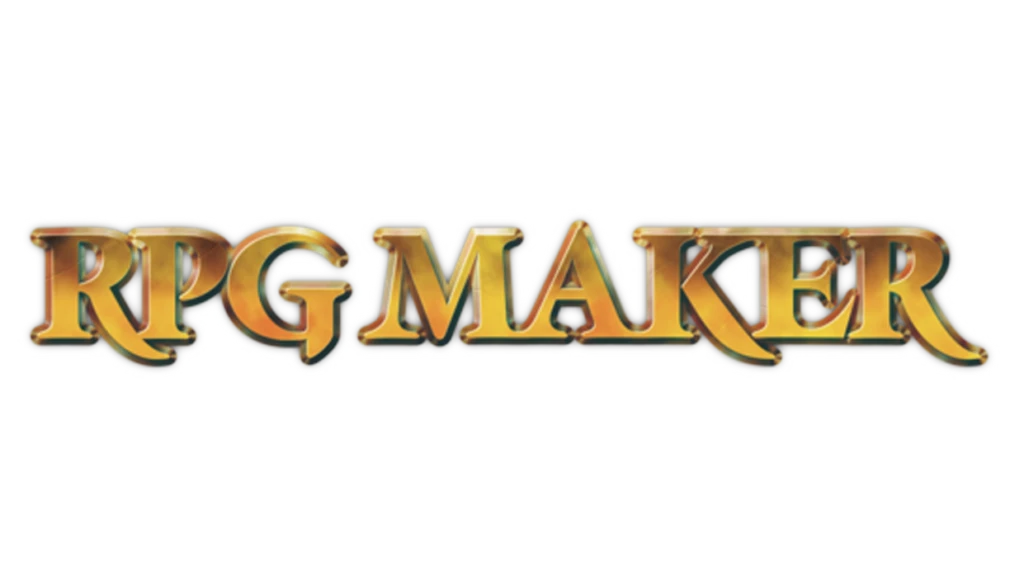The world of game development is vast and ever-evolving, with numerous platforms offering varied
features for developers. From beginners to seasoned professionals, the right development platform
can significantly impact the efficiency, quality, and success of a game. In this blog, we'll explore
the top 5 game development platforms, delving into their unique features and why they stand out in
the industry.
1. Unity
Unity is a widely popular game development platform known for its versatility and user-friendly
interface. It supports 2D and 3D game development and offers a vast asset store. Unity's real-time
global illumination, high-quality audio-visual effects, and multi-platform support make it a top
choice for developers.
- Versatility: Unity supports both 2D and 3D game development, making it suitable
for a wide range of genres and visual styles.
- Cross-Platform Deployment: Games developed in Unity can be deployed on over 25
platforms, including iOS, Android, Windows, Mac, Linux, and various game consoles.
-
User-Friendly Interface: The intuitive interface is suitable for beginners but
also offers advanced features for experienced developers.
-
Asset Store: Unity provides a vast asset store with thousands of assets, tools,
and plugins to enhance game development.
-
Community and Support: A vast community and a wealth of tutorials and forums
provide extensive support for developers.
-
Games Developed using Unity: Monument Valley, Hearthstone, Cuphead, Kerbal Space
Program.
2. Unreal Engine
Unreal Engine is renowned for its high-fidelity graphics and is often the go-to choice for AAA game
developers. Its Blueprint visual scripting system allows developers to create complex games without
extensive coding knowledge. The engine's robust multiplayer framework and VR support are also
noteworthy.
- High-Fidelity Graphics: Known for its advanced graphics capabilities, Unreal
Engine is ideal for creating visually stunning games.
- Blueprint Visual Scripting: This feature allows developers to create game
logic without writing code, which is great for non-programmers.
-
VR and AR Support: Unreal Engine has robust support for virtual reality (VR) and
augmented reality (AR), making it a top choice for immersive experiences.
-
Marketplace: Similar to Unity, Unreal Engine offers a marketplace with numerous
assets and tools.
-
Professional Use: Widely used in professional game development,
especially for AAA games.
-
Photorealistic Rendering: Unreal Engine's advanced rendering capabilities make it
a top choice for projects requiring photorealistic visuals. Its use of physically-based rendering
(PBR) techniques ensures that materials and lighting in the game world closely mimic real-life.
-
Cinematic Tools: Unreal Engine includes a suite of cinematic tools, such as
Sequencer, which allows developers to create complex animations and in-game cinematics with
movie-quality visual effects.
-
Games Developed using Unreal Engine: Fortnite, Street Fighter V, gears of War 4,
Kingdom Hearsts III.
3. Godot Engine
Godot is an open-source platform gaining popularity for its comprehensive set of tools that cater to
both 2D and 3D game development. Its unique scene system and flexible scripting language, GDScript,
make it a favorite among indie developers.
- Open-Source: Being open-source, it is free to use and constantly improved by
its community.
- Integrated Development Environment: Offers a complete suite of tools for both
2D and 3D development without the need for external plugins.
-
GDScript: A Python-like scripting language that is easy to learn, especially for
beginners.
-
Scene and Node System: Unique structure that helps in organizing and building
games efficiently.
-
Flexibility and Customization: Allows more experienced developers to customize
and optimize the engine for their specific needs.
-
Multi-Platform Deployment: Godot supports deployment to a variety of platforms
including Windows, macOS, Linux, iOS, Android, HTML5, and various consoles. This allows developers
to reach a broad audience with their games.
-
Animation System: Godot comes with a sophisticated animation system, allowing for
the creation of complex animations and motion graphics directly within the engine. This system can
also be used for other types of transformations, not just traditional animation.
-
Support for Multiple Programming Languages: In addition to GDScript, Godot also
supports VisualScript (a graphical, node-based programming language), C#, and C++. This variety
offers flexibility for developers with different programming backgrounds.
-
Games Developed using Godot Engine: The Interactive Adventures of Dog Mendonça &
Pizzaboy, Blaster Faster, Escape from Life Inc, Deep Sixed.
4. GameMaker Studio 2
GameMaker Studio 2 is ideal for beginners and focuses on 2D game development. Its drag-and-drop
interface simplifies the game development process, making it accessible for those with limited
coding experience. It also offers advanced features for more experienced developers.
- Ease of Use: The drag-and-drop interface is ideal for beginners or those who
prefer a more visual approach to game development.
- GML Language: GameMaker has its own scripting language, GameMaker Language
(GML), which is relatively simple and straightforward.
-
Focus on 2D: While it supports basic 3D, it’s best known for 2D game development.
-
Community and Resources: Has a supportive community and a range of tutorials,
which are great for new game developers.
-
Marketplace: Offers resources and assets specifically tailored for use in
GameMaker.
-
Customizable Workspace: GameMaker Studio 2 features a customizable workspace that
allows developers to arrange their tools and resources in a way that best suits their workflow.
This flexibility can increase efficiency and comfort while working on projects.
-
Mobile Game Development: The platform is particularly strong in mobile game
development, with features designed for easy export to iOS and Android. This includes support for
mobile-specific functions like touch inputs and accelerometer.
-
Export to Multiple Platforms: Besides mobile, GameMaker Studio 2 allows exporting
games to numerous platforms including Windows, macOS, HTML5, PlayStation, Xbox, and Nintendo
Switch, making it easier to reach a wide audience.
-
Games Developed using Godot Engine: The Interactive Adventures of Dog Mendonça &
Pizzaboy, Blaster Faster, Escape from Life Inc, Deep Sixed.
-
Games Developed using GameMaker Studio2: Hyper Light Drifter, Undertale, Katana
ZERO, Risk of Rain.
5. RPG Maker
RPG Maker specializes in creating role-playing games. It provides a straightforward approach to game
development, with an emphasis on storytelling elements. Its user-friendly map system and database
for characters and events make it popular among beginners and hobbyists.
- Specialization in RPGs: Tailored for creating classic-style RPGs with a focus
on storytelling and character development.
- User-Friendly: The platform is accessible to beginners, with a simple interface
and pre-made assets.
-
Customization: Offers flexibility in customization, allowing more experienced
developers to create unique experiences.
-
Plugins and Scripting: Supports additional customization through plugins and
scripting for more advanced functionality.
-
Community: Has a dedicated community that shares resources, tutorials, and
support.
-
Eventing System: One of RPG Maker's standout features is its eventing system,
which allows developers to create complex game mechanics and storylines without deep programming
knowledge. This system uses a combination of graphical interface and logical conditions to control
game flow.
-
Wide Range of Genres: Despite its name, RPG Maker can be used to create games in
various genres beyond traditional RPGs, such as adventure games, visual novels, and puzzle games,
by customizing its tools and functionalities.
-
Games Developed using RPG Maker: To the Moon, Yume Nikki, Corpse Party, OneShot.
Conclusion
Choosing the right game development platform depends on the specific needs, skill level, and
aspirations of the developer. Each platform mentioned here offers unique features that cater to
different styles and complexities of game development. Whether you are a beginner or a professional,
exploring these platforms can open up a world of possibilities in your game development journey.
